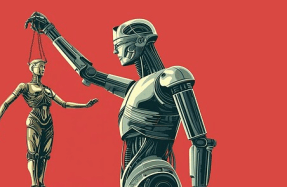
FOR YEARS, IPHONE users have been saddled with an unusual feature: The popular Apple smartphone used a proprietary cable, called the Lightning cable, for charging.
By the 2020s, most manufacturers of comparable devices had switched to a universal standard, USB-C. Even some other Apple devices—including the iPad, which in many ways resembles an oversized iPhone—moved to the common USB-C. But the iPhone remained stubbornly attached to its Apple-specific cord.
Inevitably, this caused headaches and complications for some iPhone users, even those fully ensconced in the ecosystem of Apple devices. What if you want to borrow a friend’s charging cable and that friend uses an Android phone? What if you’re also lugging around an iPad? How many charging cords does one person really need to carry?
But the iPhone 15, released in 2023, uses the USB-C port for charging—in Europe, the U.S., and everywhere else. Starting with this model, Apple customers won’t have to worry about what type of phone their friends have when asking to borrow a charger.
This change didn’t come from a new innovation or from consumer demands. It was mandated by European regulators.
In September 2021, the European Commission proposed a common charger regulation, claiming it was appropriate to reduce electronic waste and consumer frustration. The proposal was passed in 2022, and the mandate goes into effect in 2024.
This might sound like a






